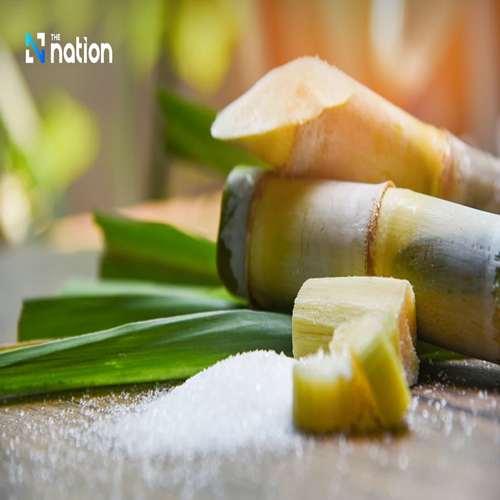Brazil, Thailand come to an agreement over WTO dispute about sugar subsidies

Pimchanok Pitfield, Thailand’s permanent representative at the WTO and at the World Intellectual Property Organisation, said the dispute came to a formal end after an agreement was signed on Saturday in Abu Dhabi, United Arab Emirates.
Pimchanok said she and her Brazilian counterpart, Guilherme de Aguiar Patriota, had been granted full authority by their respective governments to sign the agreement during the 13th WTO Ministerial Conference. The conference is being hosted by the UAE from February 26 to 29.
The dispute stemmed from a complaint Brazil filed with the WTO in 2016, alleging that Thailand’s sugarcane plantation and sugar-milling procedures violated the subsidies granted by WTO.
Pimchanok said after Brazil filed the complaint, the two countries have been consulting to try and solve the problem. Over the past eight years, she said Thailand has taken steps to show its sincerity in tackling the issues that Brazil is concerned about. It has also been reforming its sugar milling and plantation processes in line with WTO regulations on farm produce subsidies.
She added that Brazil has been closely monitoring Thailand’s efforts to restructure the kingdom’s sugar industry, which has taken years to complete.
Pimchanok said the two countries signed a memorandum of understanding in 2021 to set up a bilateral consultation mechanism to monitor Thailand’s ongoing restructuring of the sugar and sugarcane industries. During this period, Brazil chose not to lodge more complaints against Thailand.
Meanwhile, Thailand’s reform process has been completed and the 2022 Sugarcane and Sugar Act was implemented in December 2022, she said.
Pimchanok added that the two countries have been negotiating amicably over the past eight years to end the dispute.
Thailand is the third-largest sugar exporter after Brazil and India. Last year, Thailand exported 6.54 million tonnes of sugar worth US$3.52 billion (126.58 billion baht). Its major markets include Indonesia, the Philippines, South Korea, Cambodia and Malaysia.
Source Link: https://www.nationthailand.com/thailand/economy/40035881

















